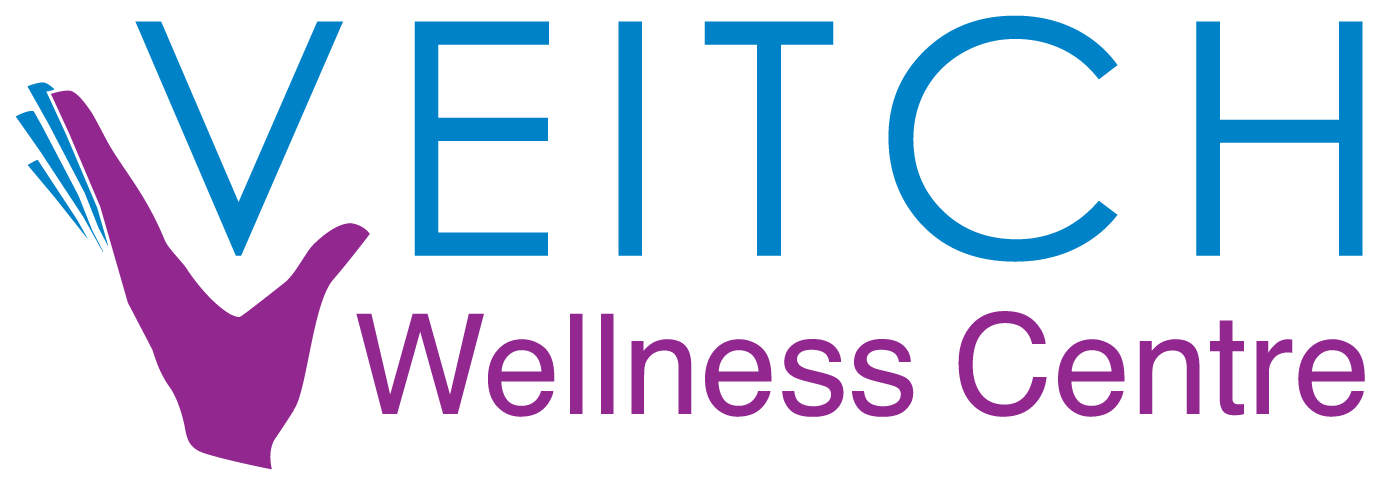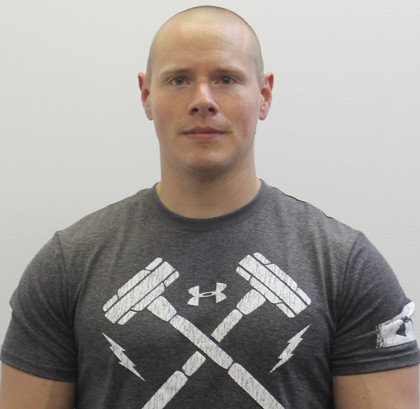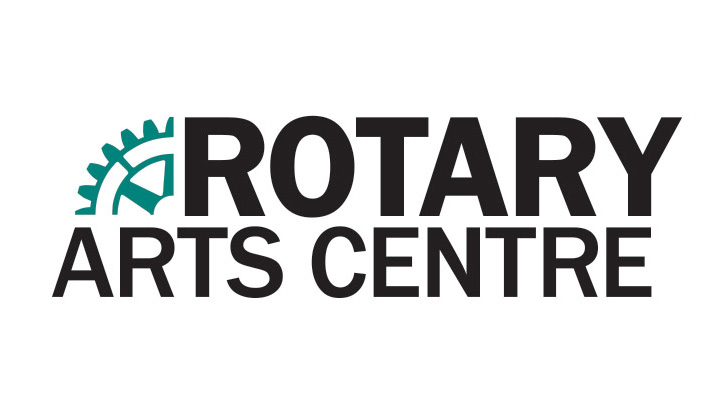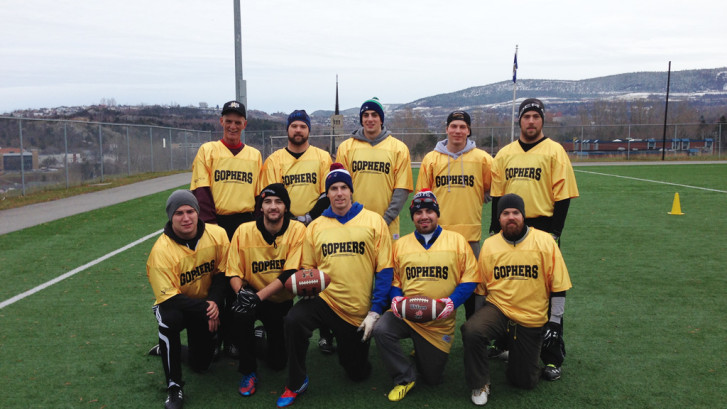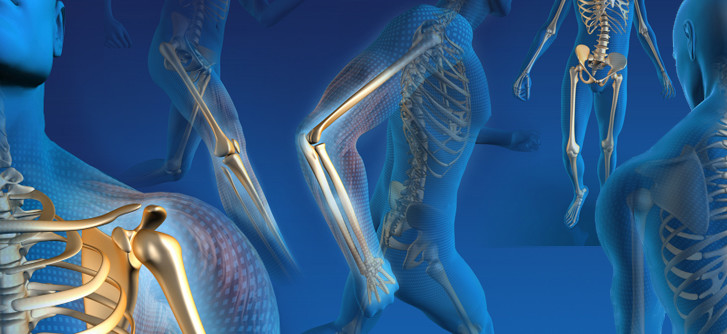

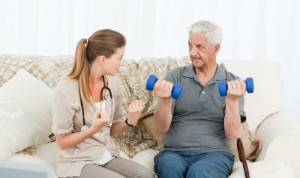
Home Visits
Many people can benefit from Physiotherapy or Occupational Therapy but not everyone can easily leave their home to attend a much needed appointment.
Mobility can be limited by many things:
– Recent Surgery or Injury
– Advanced Age
– Chronic Disease and/or Conditions
– No transportation
You may also simply prefer the convenience and comfort of receiving care in your own home!
The Physiotherapists and Occupational Therapists of Veitch Physiotherapy offer Physiotherapy and/or Occupational Therapy assessment and treatment in the home and are what we refer to as Home Visits.
To find out more about this service please contact us at 634-4882 or
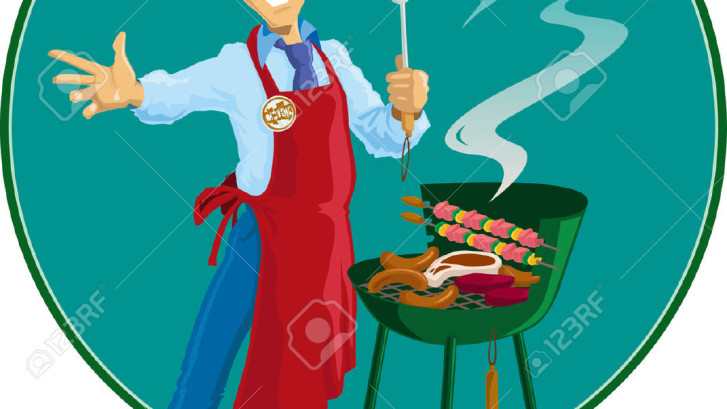
July is National Grilling Month!
Summer time is BBQ time! July is National Grilling Month.
Don’t let improperly prepared food ruin your summer. Use these grilling tips keep you grilling and enjoying the beautiful weather all season long.
- Wash your hands. Use hand sanitizer when clean water isn’t readily available where you are grilling.
- Keep food cold until you are ready to put them on the grill. Letting them sit allows bacteria to grow.
- Don’t mix raw and cooked foods. Keep raw foods separate from each other. Once cooked, use a clean dish to place final masterpiece. The bacteria from the raw food will contaminate the freshly cooked meal.
- Keep hot food warm to at least 140 degrees Fahrenheit until ready to be placed in a cooler with ice or refrigerator to prevent bacteria growth. For salads and cold foods, keep them chilled on ice

How Can Speech – Language Pathology Help??
What can Speech – Language Pathology offer you???
A Speech-Language Pathologist (S-LP) is a professional who assesses, diagnoses and treats children and adults who have difficulty with speech or language. Although people often think of speech and language as the same thing, the terms actually have very different meanings. If your child has trouble with speech, he or she has difficulty with the coordination of muscles and movements to produce speech – such as a child who has trouble pronouncing several speech sounds and is difficult to understand. If your child has trouble with receptive language, he or she has difficulty understanding what is heard or seen. If your child has trouble with expressive language, he or she struggles to find the right words and/or organize those words in a meaningful way to communicate a message. Adults can also have difficulty in these areas, especially following a traumatic brain injury or stroke. A Speech-Language Pathologist also works with people who have social communication, stuttering, voice and reading disorders.
Here at Veitch Physiotherapy and Wellness Centre, we are proud to have two Speech-Language Pathologists on staff. If you would like more information regarding Speech-Language Pathologists and their role, or would like to schedule a session with one of our experienced professionals, contact our clinic today!
Free Information Session
Free Information Session
If you would like to learn more about reading, writing and spelling
difficulties and the help that is available for people of all ages who are
struggling with these skills, you are invited to attend an information
session at Veitch Wellness Centre on Sunday,
February 6, from 4:00 – 5:00.
Sheila Rowe, Speech-Language Pathologist andAssociate-in-
Training with the Academy of Orton-Gillingham
Practitioners and Educators, will be sharing
information on the program that is offered for
difficulties with reading, spelling and writing.
What is Dyslexia? Students with dyslexia experience
difficulties with language skills such as reading, spelling,
writing, and pronouncing words. It is referred to as a
learning disability because dyslexia can make it very
difficult for a student to succeed academically in the typical/
traditional classroom. (Ontario Branch of the International
Dyslexia Association)
What does it look like? Some of the symptoms of dyslexia include
slow or inaccurate reading, poor spelling, poor writing, or mixing up
similar words. Some children manage to learn early reading and
spelling skills, but run into problems around grades 3 and 4 as the
language demands become more challenging.
Please contact Veitch Wellness Centre, 3 Union
Street, Corner Brook, at 634-4882 for more
information.

Eating Well in 2016
634-4882 or
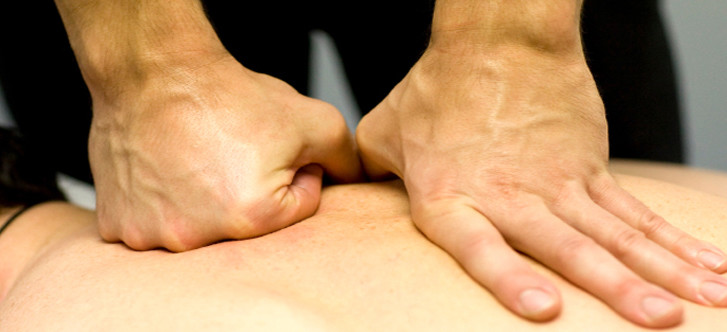
Welcome Andrew Stagg!
Please join us in welcoming Andrew Stagg to the Veitch Wellness Centre team! Andrew is a Registered Massage Therapist and Sports Massage Therapist(cc) originally from Grand Falls Windsor, NL.
Over the past 4 seasons, Andrew worked as the Team Massage Therapist for the St. John’s IceCaps of the American Hockey League under the Winnipeg Jets NHL Franchise. Some of the highlights of Andrews time with the IceCaps include; Atlantic Division Championship, Eastern Conference Championship, Calder Cup appearance, AHL All Star Game and multiple NHL Exhibition Games.
Devoted to pursuing the best sporting events possible, Andrew has worked as a Sports Massage Therapist at two Ball Hockey World Championships, on home soil and most recently Switzerland, and a FISU Summer Universiade under the Canadian Core-Medical team supporting the countries best university athletes in South Korea this past summer(2015).
For the past two + years, Andrew has taken on development and mentorship roles with the team Therapists for Hockey Newfoundland and Labrador’s High Performance Program, while performing duties as the Head Medical Therapist for the Under-16 Provincial Hockey team.
Andrew has seen many athletes overcome injury, including professional athletes, past Olympians, future Olympians, provincial athletes and local sports enthusiasts.
Andrew’s passion for Massage extends beyond sports injury however! Andrew is experienced in providing Massage Therapy for various types of injuries including but not limited to repetitive strain, whiplash, rotator cuff injury, low back and neck pain – to name just a few!
To book your appointment with Andrew contact Veitch Physiotherapy @ (709) 634-4882 or email
|
|
